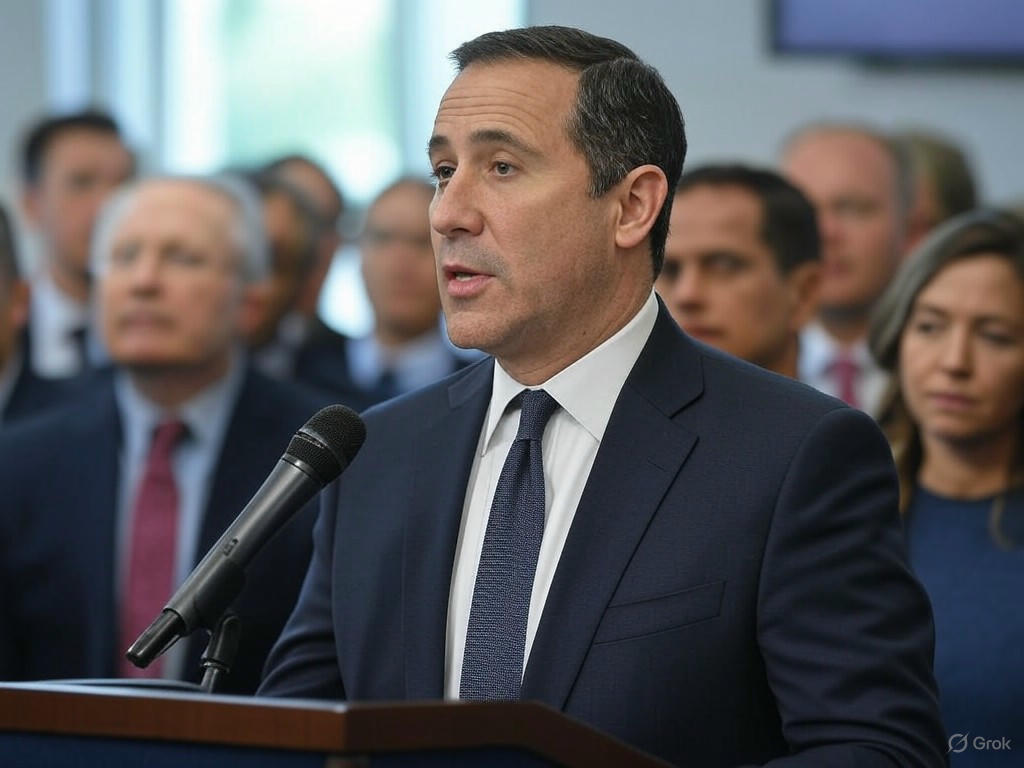In a bold move to reshape fiscal policy, Treasury officials under the Trump administration are vigorously advocating for a controversial measure dubbed the ‘revenge tax.’ This policy, embedded in a larger tax reform bill, has sparked heated debate on Capitol Hill, particularly among Republican senators who remain skeptical of its implications. The term ‘revenge tax’ has emerged as a lightning rod, symbolizing a punitive approach to certain corporate or high-income entities perceived as having benefited disproportionately from prior tax loopholes. Treasury representatives argue that this measure is not merely retaliatory but a necessary step toward equitable taxation and long-term economic stability.
At the heart of the discussions is a series of closed-door meetings where Treasury officials have been working tirelessly to convince wary GOP lawmakers. Their pitch centers on the idea that the ‘revenge tax’ targets specific sectors or individuals who have historically evaded fair contributions to the federal coffers. By closing these gaps, they claim, the government can generate significant revenue to fund critical infrastructure projects and reduce the national deficit. Furthermore, officials emphasize that the policy aligns with the administration’s broader goal of ensuring that wealthier entities shoulder a proportionate share of the tax burden, a message that resonates with populist sentiments among certain voter bases. However, critics within the Republican Party argue that such a targeted approach risks alienating key business stakeholders and could stifle economic growth by discouraging investment.
The pushback from GOP senators highlights a deeper rift within the party over fiscal strategy. Some lawmakers worry that the ‘revenge tax’ could be perceived as a personal vendetta rather than a sound economic policy, potentially damaging the party’s reputation among pro-business constituents. Others question the long-term effects, suggesting that punitive taxation might lead to capital flight or reduced innovation in critical industries. Treasury officials counter these concerns by presenting data-driven projections, illustrating how the additional revenue could offset planned tax cuts elsewhere in the bill, maintaining an overall business-friendly environment. They also stress that the measure includes safeguards to prevent overreach, though specifics remain under wraps as negotiations continue.
As the debate unfolds, the stakes are high for both the administration and the Republican Party. Passing the tax reform bill with the ‘revenge tax’ intact would mark a significant victory for Treasury officials and reinforce the administration’s commitment to reshaping the tax landscape. However, failure to secure enough GOP support could derail the entire package, exposing internal divisions at a critical juncture. With public opinion divided and lobbying efforts intensifying from affected industries, the coming weeks will be pivotal. Treasury officials remain optimistic, banking on their ability to frame the policy as a win for fairness and fiscal responsibility, but the road ahead is fraught with political and economic uncertainties that could redefine the future of American taxation.
